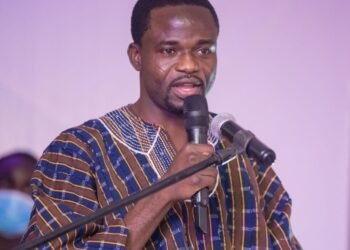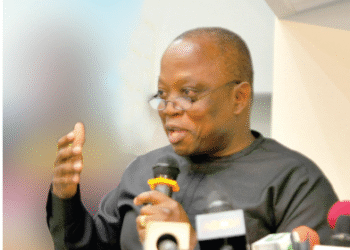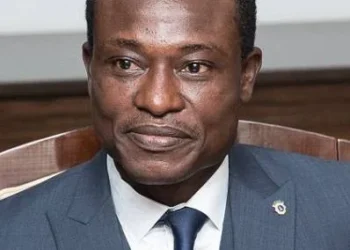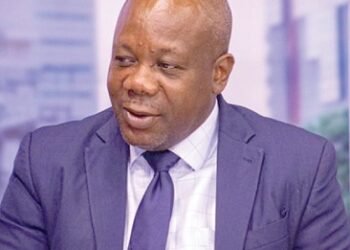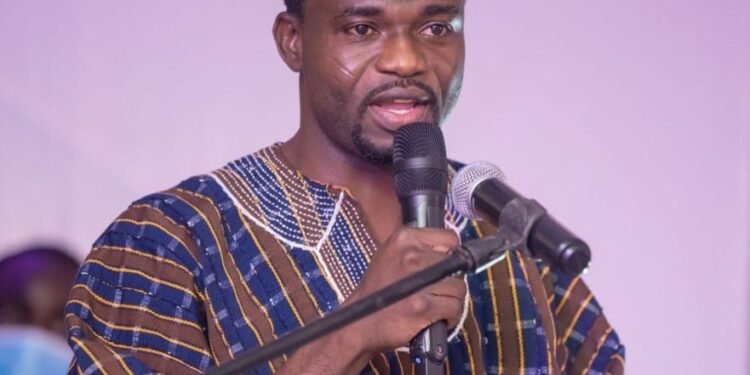The persistent use of adjournment in Ghana’s criminal trials is once again under scrutiny, following a delay in proceedings related to the Sky Train case.
The case was postponed after lawyers for one of the defendants, Prof. Ameyaw-Akumfi, filed a motion for constitutional referral—triggering yet another halt in a high-profile corruption trial.
Legal scholar and reform advocate Prof. Stephen Kwaku Asare has characterized the term adjourned as the most recurring and corrosive element within Ghana’s justice system.
He argued that while the term might seem harmless in theory, it has proven “innocent on paper, deadly in practice.”
“It has done more to bastardize our trials than any statute ever could. And it will continue to do so unless we take GOGO’s reform proposals seriously and exile it from the heart of our criminal process.”
Prof. Stephen Kwaku Asare
The latest postponement in the case arises from a motion filed by the defense team, seeking to have the High Court halt proceedings and submit certain constitutional issues to the Supreme Court for interpretation, as allowed under Article 130(2) of the Constitution.
While Prof. Asare acknowledged the legality of the request, he questioned its necessity, stating, “Is this lawful? Yes. Is it desirable? Not necessarily. Let’s be clear about what’s at stake.”
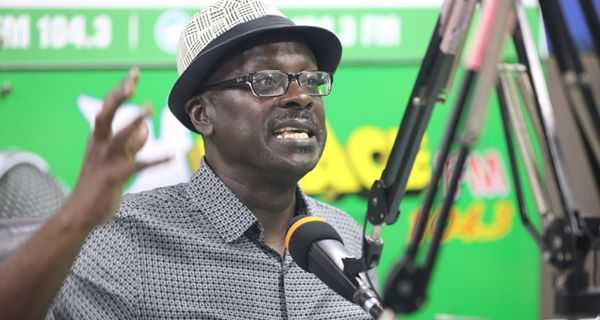
Accordingly, he pointed out that the constitutional issue revolves around Sections 1 and 7 of SMCD 140. Section 1 addresses the deliberate misuse of public funds and requires proof of criminal intent, or mens rea.
Section 7 holds directors or partners accountable for offenses committed by their organizations unless they can demonstrate that they did not give consent and exercised due diligence to prevent the wrongdoing.
Prof. Asare clarified that these provisions are not unconstitutional but rather fundamental anti-corruption measures.
He stressed that Sections 1 and 7 do not eliminate the right to remain silent, the presumption of innocence, or the entitlement to a trial within a reasonable timeframe. “What they do is make it harder to hide behind corporate veils.”
Meanwhile, with the Supreme Court’s recess approaching, the progress of the case remains in limbo.
Prof. Asare noted that the trial has effectively come to a standstill and now depends on when a panel of justices takes it up for consideration.
Adjournment Erodes Public Confidence
Prof. Kwaku Asare expressed concern that proceedings might not resume until October at the earliest, with the possibility of further delays stretching into the end of the year or even beyond.
He voiced strong frustration over what he views as the use of procedural mechanisms not for legal clarification, but as a means to obstruct justice, warning that such practices ultimately undermine the judicial process.
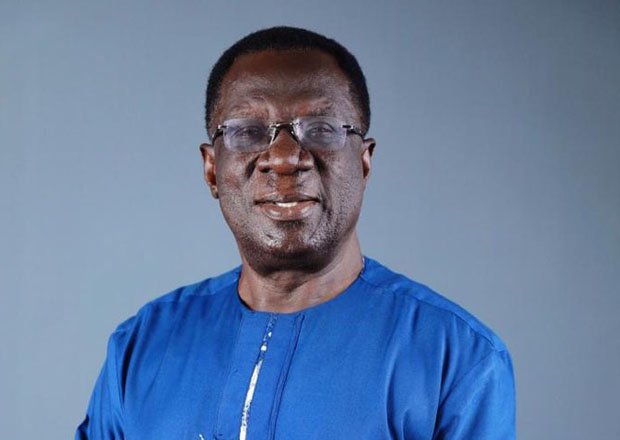
“Trust me, the July 9 adjournment is not the end. It’s likely the beginning of a long, winding procedural tunnel with no clear exit.
“This is not how a fair trial system should function. Both the accused and the state are entitled to a timely, efficient resolution. Delay is not neutral. It disproportionately benefits the well-resourced and undermines public faith in the rule of law.”
Prof. Stephen Kwaku Asare
Accordingly, Prof. Asare put forward a set of reform proposals aimed at improving the pace and fairness of criminal trials.
These include the introduction of firm deadlines for proceedings, limiting interlocutory appeals until after trials—except in truly exceptional situations—and curbing adjournments once a trial is underway.
He stressed that these changes go beyond administrative efficiency, insisting they are vital to upholding constitutional protections under Article 19.
He illustrated the damaging effects of the current system, where trials can stretch on for years, leaving accused individuals in uncertainty, witnesses fading from memory or dying, legal costs piling up, and changes in government personnel further disrupting the process—all of which erode public confidence in the justice system.

“All GOGO asks is this: if looters have looted, say so. If they haven’t, say so. But say so quickly. Without the burden of adjournments, delays, and endless appeals.
“We did it before. The 2013 election petition took 9 months. There was outrage. And what happened? The Rules of Court Committee introduced a firm 42-day deadline. Still long. But firm.”
Prof. Stephen Kwaku Asare
Prof. Asare ended his remarks with a strong appeal for immediate action, urging that similar decisive measures be applied to criminal trials.
In his view, if the current Rules Committee fails to implement necessary reforms, it should be reconstituted with individuals prepared to take the required steps.
The recurring delays in high-profile criminal trials continue to raise concerns about the efficiency and credibility of Ghana’s justice system.
Without structural changes, prolonged proceedings will persistently undermine public trust and judicial accountability.
READ ALSO: UK Warned To Prepare For Wartime Scenario




